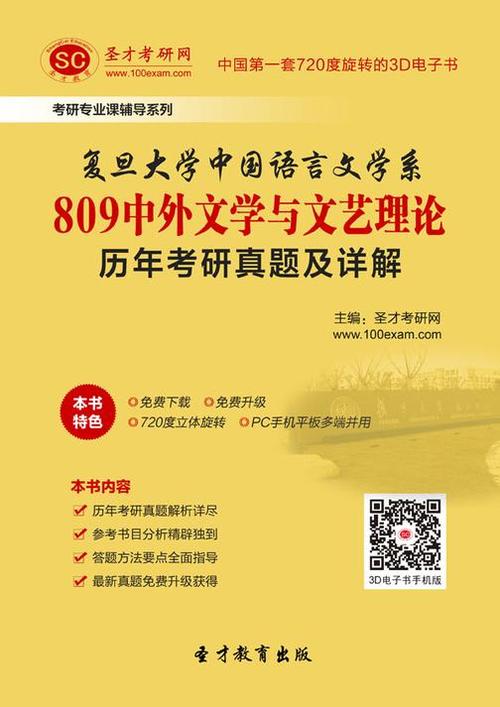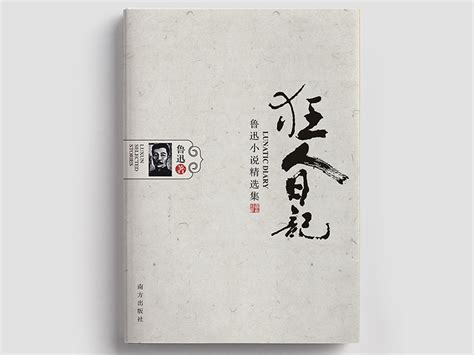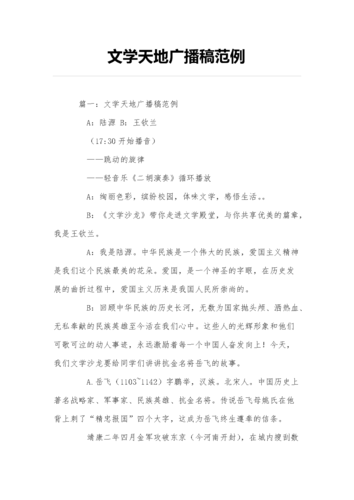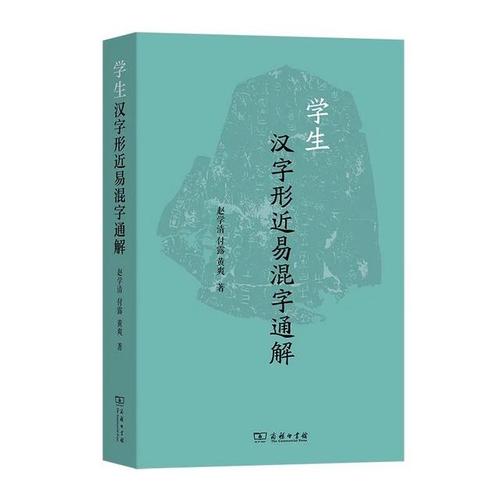文学理论考研学校
Title: Essential Books for Literature Theory Graduate Entrance Examination
Literature theory is a multifaceted field that requires a deep understanding of various critical approaches and methodologies. Here's a curated list of essential books tailored for those preparing for graduate entrance examinations in literature theory. These books cover a broad spectrum of literary theories, from classical to contemporary, providing a comprehensive foundation for your studies and academic pursuits.
1.
"Literary Theory: An Introduction" by Terry Eagleton
This seminal work offers a clear and concise overview of major literary theories, including structuralism, psychoanalysis, feminism, Marxism, postcolonialism, and more. Eagleton's accessible writing style makes complex theories comprehensible for beginners while providing insightful analyses for advanced scholars.
2.
"The Norton Anthology of Theory and Criticism" edited by Vincent B. Leitch
This comprehensive anthology gathers key texts from major literary theorists and critics throughout history. From Plato to Judith Butler, it covers a wide range of theoretical perspectives, allowing readers to trace the evolution of literary criticism over time. Each selection is accompanied by informative introductions and annotations, making it an indispensable resource for literature scholars.
3.
"Critical Theory Today: A UserFriendly Guide" by Lois Tyson
Tyson's book offers a userfriendly introduction to contemporary critical theory, including deconstruction, queer theory, cultural studies, and ecocriticism. Through clear explanations and practical examples, Tyson demystifies complex theoretical concepts, making them accessible to students and scholars alike.
4.
"The Cambridge Introduction to Postmodernism" by Brian McHale
Postmodernism is a crucial area of study in contemporary literary theory, and McHale's introduction provides a lucid overview of its key concepts and debates. From metafiction to intertextuality, McHale explores the defining characteristics of postmodern literature and its implications for literary analysis.
5.
"Literary Theory: A Very Short Introduction" by Jonathan Culler
As part of the "Very Short Introductions" series, Culler's book offers a concise yet insightful overview of literary theory. Covering major theoretical movements and concepts, such as semiotics, structuralism, and poststructuralism, Culler's accessible guide serves as an excellent starting point for those new to the field.
6.
"How to Read Literature Like a Professor: A Lively and Entertaining Guide to Reading Between the Lines" by Thomas C. Foster
While not strictly a theoretical text, Foster's book provides invaluable guidance on how to approach and interpret literature from a critical perspective. By uncovering the hidden meanings and symbols within literary texts, Foster equips readers with essential tools for engaging with literature at a deeper level.

7.
"The Princeton Encyclopedia of Poetry and Poetics" edited by Roland Greene
For those interested in the poetics of literature, this comprehensive encyclopedia offers a wealth of information on various poetic forms, techniques, and movements. From sonnets to avantgarde poetry, it provides indepth entries written by leading scholars in the field, making it an indispensable resource for poetry enthusiasts.
8.
"The Cambridge History of Literary Criticism" edited by George Alexander Kennedy
Spanning multiple volumes, this monumental work traces the history of literary criticism from ancient Greece to the present day. Each volume focuses on a specific period or geographical region, offering comprehensive insights into the development of critical thought across different cultures and eras.
9.
"Feminist Literary Theory: A Reader" edited by Mary Eagleton
Feminist literary theory has had a profound impact on the study of literature, challenging traditional gender norms and perspectives. Eagleton's reader brings together key essays and excerpts from feminist critics, providing a diverse and insightful exploration of gender in literature.
10.
"An Introduction to Literary Studies" by Mario Klarer
This introductory textbook covers a wide range of topics relevant to literary studies, including literary analysis, interpretation, and research methods. Klarer's interdisciplinary approach incorporates elements of literary theory, cultural studies, and linguistics, offering students a comprehensive foundation for further study.
In conclusion, these books constitute a foundational library for anyone preparing for graduate entrance examinations in literature theory. By engaging with diverse theoretical perspectives and critical approaches, aspiring scholars can develop a nuanced understanding of literature and its broader cultural significance. Happy studying!









